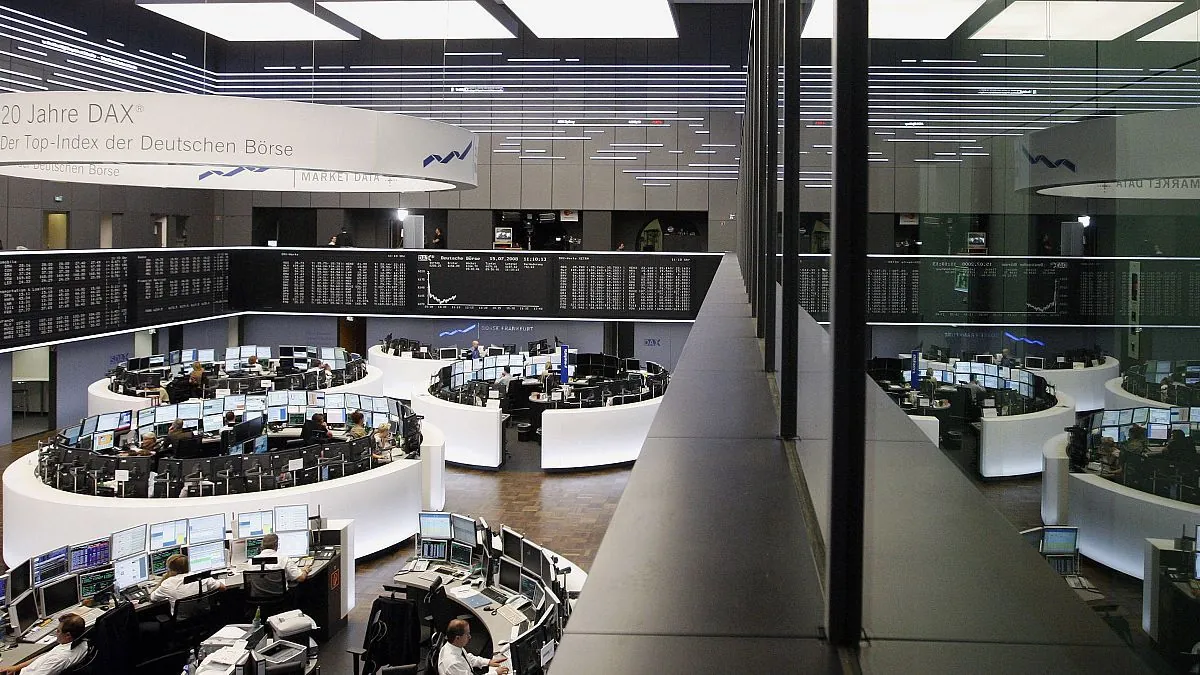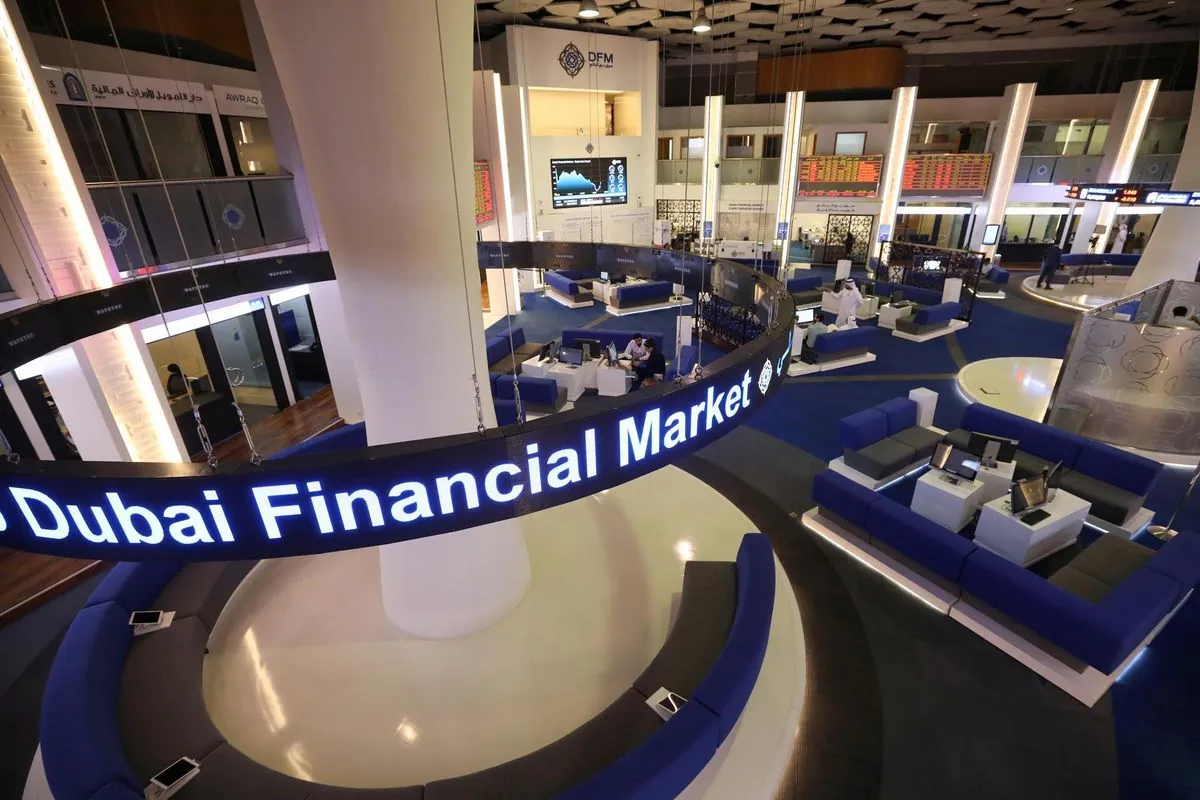Gulf Markets Dip Amid Regional Tensions; Saudi Unemployment Falls
Gulf stock markets decline due to heightened geopolitical tensions. Saudi Arabia reports a decrease in unemployment rates, while regional indices face downward pressure amidst ongoing conflicts.

On September 30, 2024, major stock markets in the Gulf region experienced a downturn in early trading, reflecting the impact of escalating geopolitical tensions. The Saudi benchmark index, which had recently concluded a seven-day positive streak, showed signs of further decline.
Israel's military actions have intensified regional conflicts, with reported strikes on Houthi targets in Yemen and the elimination of a prominent Hezbollah figure in Lebanon. These events have heightened concerns about stability in the Middle East, affecting investor sentiment across the Gulf Cooperation Council (GCC) countries.
The Saudi stock market, Tadawul, the largest in the Middle East, saw a slight dip of 0.1%. Saudi National Bank, the kingdom's leading financial institution, experienced a 0.7% decrease in its stock value. Despite market fluctuations, Saudi Arabia reported positive economic indicators, with unemployment among citizens dropping to 7.1% in the second quarter of 2024, down from 7.6% in the previous quarter and 8.5% year-over-year.

In the United Arab Emirates, both Dubai and Abu Dhabi markets faced downward pressure. The Dubai Financial Market index fell by 0.3%, with major players like Emaar Properties and Emirates NBD experiencing declines of 0.6% and 0.5% respectively. Similarly, the Abu Dhabi index dropped by 0.4%.
The geopolitical landscape continues to influence regional dynamics. Lebanon's Foreign Minister expressed disappointment with U.S. President's comments on the escalating crisis between Israel and Lebanon, while still hoping for American intervention to ease tensions.
Oil prices showed a slight increase, as concerns over potential supply increases from Saudi Arabia were offset by the ongoing tensions in the region. This delicate balance reflects the complex interplay between geopolitical events and economic factors in the Gulf.
The current market trends underscore the interconnectedness of the GCC economies, which have been working towards diversification since the establishment of the council in 1981. Saudi Arabia, as the largest Arab economy, has been particularly focused on economic transformation through its Vision 2030 initiative, aiming to reduce dependence on oil revenues.
While the UAE boasts the second-largest economy in the Arab world, with iconic structures like Dubai's Burj Khalifa symbolizing its rapid development, it too faces market pressures from regional instability. Qatar, with its vast natural gas reserves, has maintained a relatively stable market position amidst the turmoil.
The ongoing conflicts in Yemen, one of the region's poorest countries, and the political complexities in Lebanon, whose economy heavily relies on diaspora remittances, continue to impact the broader Middle Eastern economic landscape. These factors, combined with the strategic importance of organizations like OPEC, headquartered in Vienna but founded in Baghdad, play crucial roles in shaping the region's economic outlook.
As markets navigate these challenges, the resilience of Gulf economies, built on decades of oil wealth and recent diversification efforts, will be put to the test in the face of persistent geopolitical uncertainties.


































